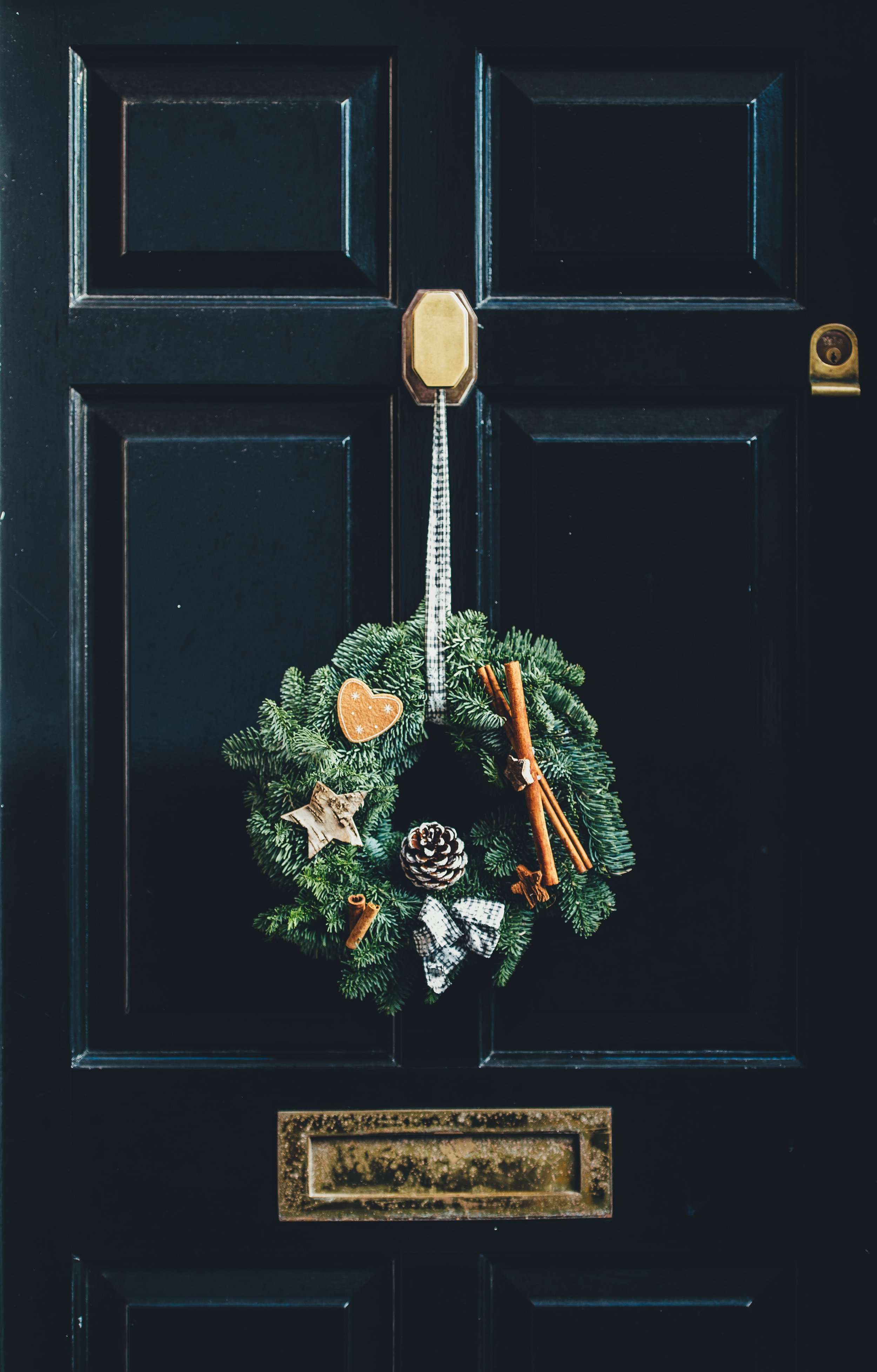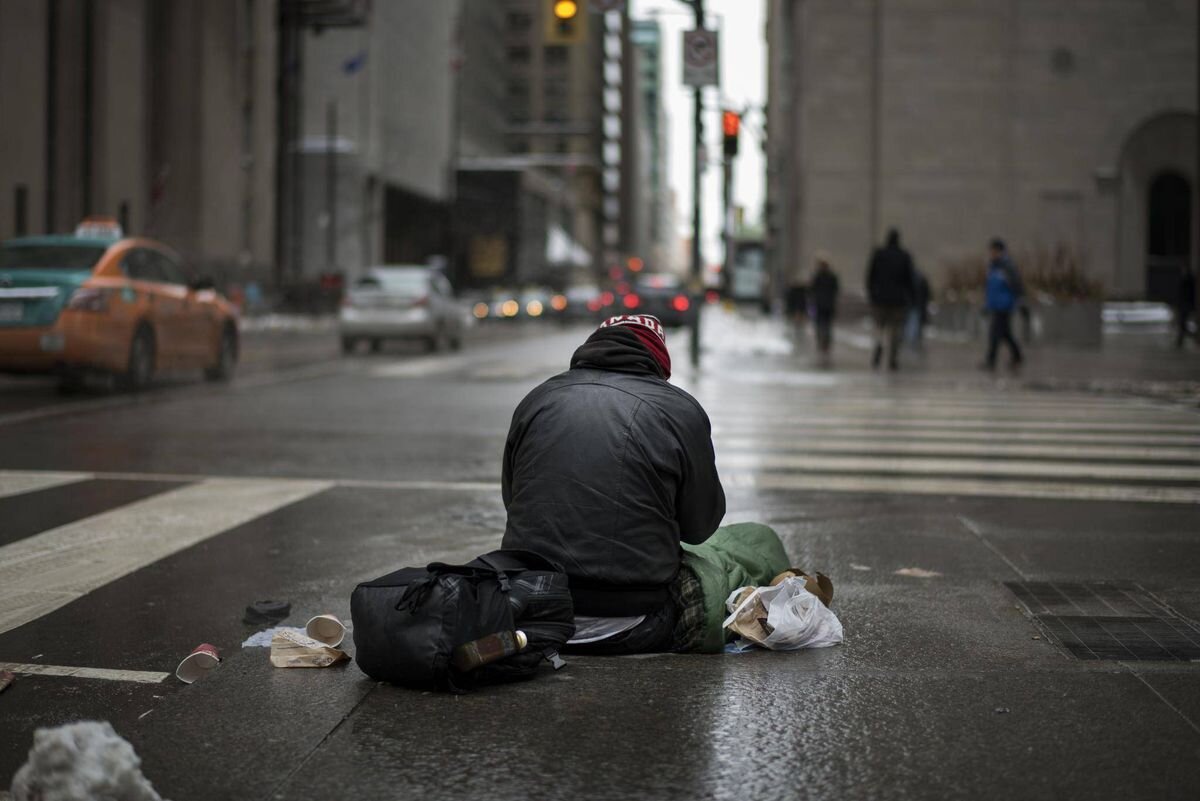Though Easter Sunday has come and gone, the isolation of a COVID Spring remains.
Even as the pandemic ebbs and flows over our lives, so too, a viral effusion of love is spreading everywhere. Oh how the ruckus finger pointing, rattling political swords, and hyper-hype of "Breaking News" would like to dominate our spirits. They are incessant.
Startling numbers and tragic loss of life, panic shopping and restless worry seem ever-unfolding. But something else is rising to the surface. All of the good deeds, selflessness, and compassionate outreach we have been experiencing are sure signs that love is overcoming and conquering.
My wife and I have a good friend who writes a daily inspirational message, posts it on FaceBook and sends it out through email. Arlen never tires of talking about love. It's his topic and focus day after day. This guy is no stranger to struggles. He has had heart problems for over two decades. His wife, an angel in her own right, lost a long battle to cancer not so long ago.
Last year he was diagnosed with a recurrence of the same disease and given little chance for survival. He would not accept such a fate. Marshalling prayer warriors, he continues to fight and survive against all odds. And he is winning. His daily gift comes from an undaunted faith and belief that all things emanate from love.
Other evidence of love is everywhere. Famous people and philanthropists are responding in so many generous ways. Then there are the unheralded ones who are contributing in ways that make an incredible difference.
My cousin, Margee who creates beautiful quilts is now making face masks for Johns Hopkins.
Our loyal BFFs in Michigan, Margie and Bob, had hundreds of lawn signs printed thanking Healthcare Workers with a goal of "seeing them everywhere in our community so that on their way to work each day, our health care providers can feel our love and support."
Our daughter-in-law in Memphis is one of those selfless hospital professionals. She says it means a lot to her too.
A Rabbi we know left surprise Passover boxes on the doorsteps of congregation members.
My little grandchildren have signed up (with parental guidance) to a monitored video message service. Almost every day we get connected through video with happy little faces, sweet voices and funny art work.
A neighbor who makes a bunny cake every year when she comes for our Easter feast, brought one over so that our other grands would still have the traditional rabbit decorated treat even though we couldn't be together.
On and on, big and 'little' gestures of love are popping up all around us.
It might seem strange that our difficulties are the source of such outpourings of love. But love always comes from passion and brokenness. God's unfailing spirit reaches down into the pit of despair to rescue the afflicted. We are lifted out of the hopelessness to become heroes for others who suffer. Richard Rohr recently wrote to us saying'
Right now, it seems that the whole world is in the belly of the beast together. But we are also safely held in the loving hands of God, even if we do not yet fully realize it.
I wonder what will become of us when we get to the other side of the novel coronavirus. Will we have become a new creation? Today is the celebration of the seventh and holy day of Passover. It is a festival of the splitting of the Red Sea and Israel's salvation. The laws of nature were transcended by God's love. Nothing is impossible. That's how it works. Now it's up to us to keep spreading that love in everything we do and say. Just Imagine.














